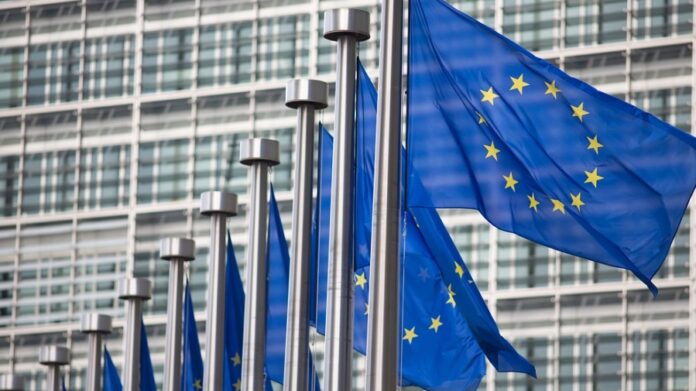Countries in European Union that decide to use COVID-19 vaccine booster shots may face increased legal risks because the additional dose has not yet been recommended by the EU drugs regulator, the European Commission said on Thursday, according to Reuters.
The European Medicines Agency (EMA) has repeatedly said that more data is needed before it can approve the use of boosters, but eight European countries have decided to recommend the additional dose, and more than a dozen are set to make similar moves shortly.
„Booster doses are currently not part of the marketing authorisation of COVID-19 vaccines and have not yet been subject to a scientific assessment by EMA in the absence of sufficient data,” the EU Commission said in a statement to Reuters on Thursday.
„The responsibility to decide to include boosters in their vaccination campaign remains with the Member States,” the statement said, adding: „As long as the booster doses are not part of the marketing authorisation, companies’ liability is modified.”
This could mean that in the event of unexpected side effects that can be linked to boosters, EU states might bear the brunt of any legal consequences and compensation demands.
The Commission said however that companies’ liability would not disappear entirely if boosters are administered without the EMA’s approval. For instance, if a side effect after a booster is caused by manufacturing issues, the vaccine maker would remain liable for it.
EU liability and indemnity rules apply in cases of unexpected adverse effects linked to the general characteristics of the product or its manufacturing. Each company supplying COVID-19 vaccines to the EU has negotiated different clauses, which remain largely confidential.
The European Centre for Disease Prevention and Control (ECDC) said that Austria, Belgium, France, Hungary, Liechtenstein, Lithuania, Luxembourg and Slovenia are currently recommending the use of boosters, with Germany planning to do the same in the autumn. Thirteen other European states are discussing the matter.
In recent months, the EU has reserved billions of doses from several COVID-19 vaccine makers for the coming years, saying they may be needed for boosters or to fight new variants. They could also be donated to poorer nations.
COVID-19 booster shots will be made widely available to Americans from Sept. 20, U.S. health officials said last week, citing data showing diminishing protection from the initial vaccinations as infections rise from the Delta variant.
Possible compensation for unexpected side effects from COVID-19 vaccines is managed at the national level.
Some EU countries, including the largest ones, have compensation schemes that are meant to indemnify potential victims outside courts, but criteria for reimbursements vary greatly. In others, alleged victims would need to go directly to courts to settle their case.
Since the beginning of the vaccination campaign in Europe, hundreds of claims have been submitted to authorities by potential victims, official data from Denmark, Germany, Norway and Switzerland show, with only a handful of compensation awards so far granted, for undisclosed amounts of money.


